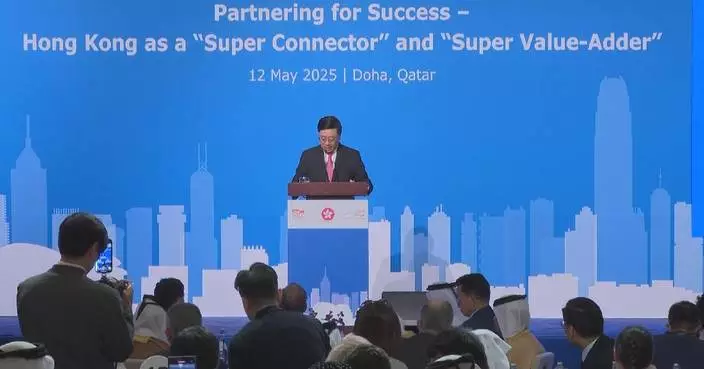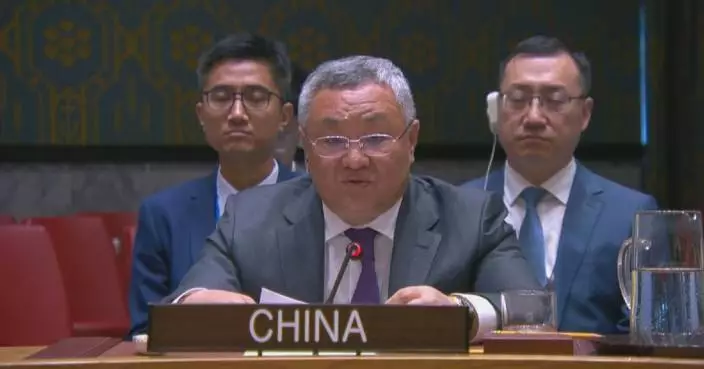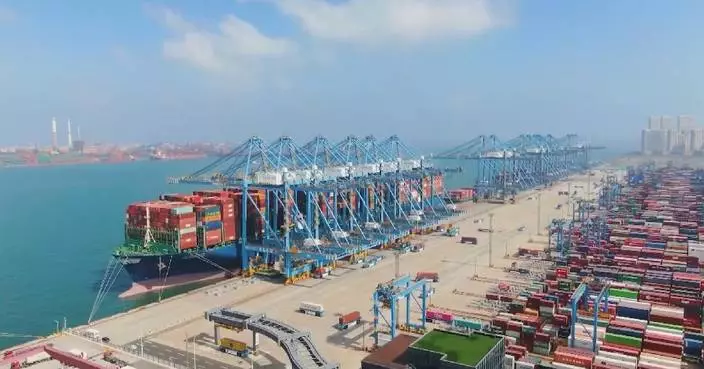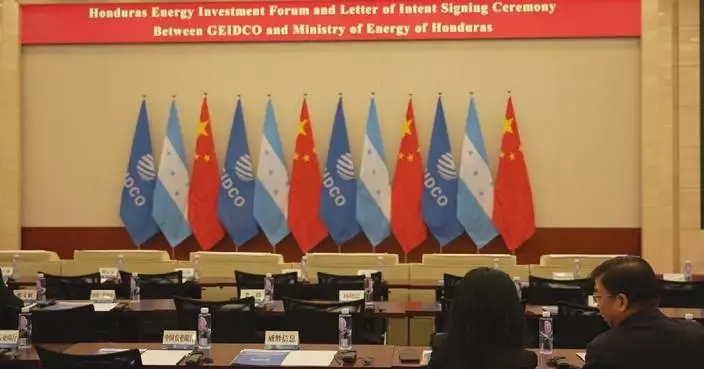China's first energy law came into effect on Wednesday, strengthening the legal basis for the energy sector, playing a role in ensuring national energy security, and promoting green and low-carbon transformation for the world's largest energy producer and consumer.
The Energy Law provides that China will continue to advance clean and low-carbon energy sector development by prioritizing the development and utilization of renewable energy, promoting clean and efficient utilization of fossil fuels, and improving the energy utilization efficiency.
The overarching national statute formally integrates hydrogen, previously classified as hazardous chemicals, into the energy management system.
"The Energy Law is the first Chinese national law to provide for hydrogen as a type of energy, clarifying its energy attribute and opening up chances to promote the development of the hydrogen energy business. The law also defines the legal significance of the Green Electricity Certificates and supports increased green electricity use throughout society," said Wan Jinsong, deputy head of the National Energy Administration.
The Green Electricity Certificates or GECs were piloted in 2017 to build a renewable electricity market-based mechanism in China.
GECs are the sole way to validate renewable energy production and consumption.
According to official figures, China had issued 3.55 billion GECs by October, 2024.
Wan said the Energy Law will promote the transformation of energy security.
"The Energy Law sets the order of importance for developing and using fossil fuels and renewable energy. It makes it clear that priority should be given to the development and utilization of renewable energy, and the ability to switch to non-fossil energy in a safe, reliable and orderly way should be improved," Wan said.
Experts said as the core and regulating law in the energy industry, the Energy Law has constructed the institutional system for green and low-carbon energy development.
"The enactment of the Energy Law signifies that China has a basically sound system for regulating energy. It already includes the Electricity Law, the Coal Law, the Renewable Energy Law, and the Energy Conservation Law, among other laws, rules, and administrative regulations," said Wang Peng, president of the National Institute of Energy Development Strategy, North China Electric Power University.
According to the experts, the Energy Law is more comprehensive than those separate laws, spelling out how different types of energy should be used and giving basic rules for making sure that the growth of all types of energy is coordinated.
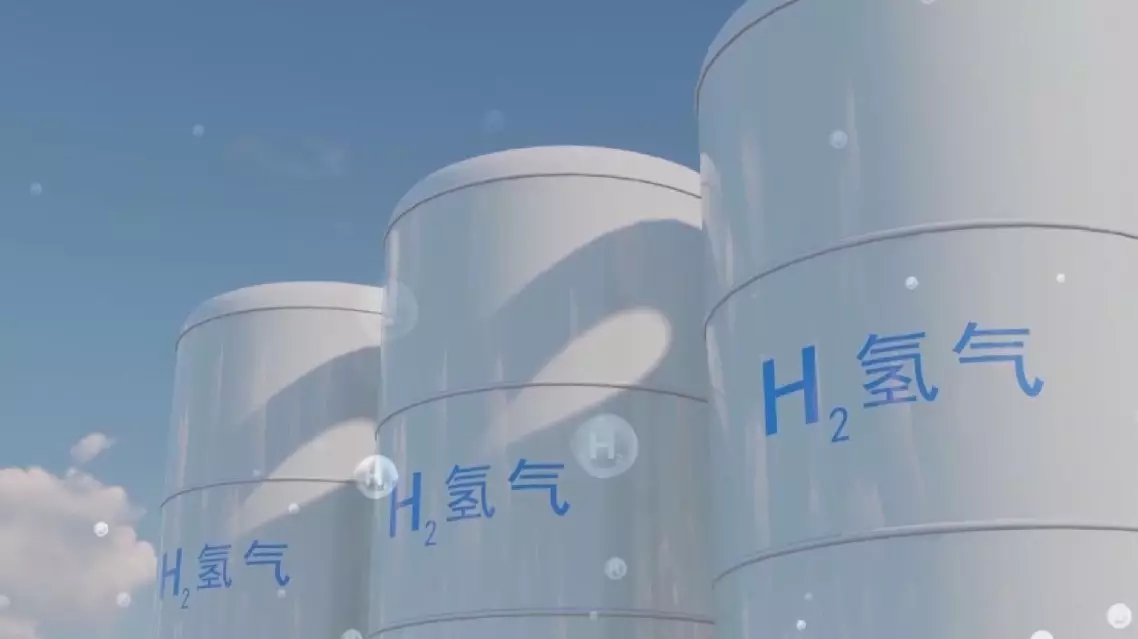
China's first energy law takes effect, highlighting green, low-carbon development




